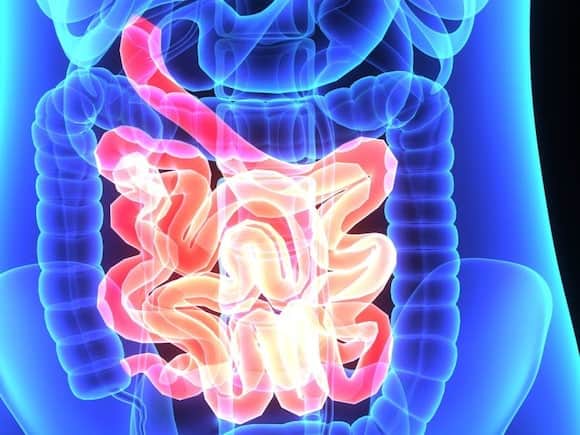MONDAY, Sept. 23, 2019 (HealthDay News) — For patients with colorectal adenomas, high-intensity surveillance could provide modest benefits over low-intensity surveillance, at an acceptable cost, according to a study published online Sept. 24 in the Annals of Internal Medicine.
Reinier G.S. Meester, Ph.D., from Erasmus MC University Medical Center in Rotterdam, Netherlands, and colleagues compared lifetime benefits and costs of high- versus low-intensity surveillance in a microsimulation model. The target population included U.S. patients aged 50, 60, or 70 years with low-risk adenomas (LRAs) or high-risk adenomas (HRAs) removed after colonoscopy or fecal immunochemical testing (FIT).
The researchers found that in the base-case analysis, without surveillance or screening, lifetime colorectal cancer (CRC) incidence was 10.9 and 17.2 percent, respectively, after LRA and HRA removal at screening colonoscopy for patients aged 50 years. Incidence was decreased by 39, 46 to 48, and 55 to 56 percent, respectively, with subsequent colonoscopic screening, low-intensity surveillance, and high-intensity surveillance. For adenomas detected at FIT screening, the incidence of CRC and surveillance benefits were higher, while they were lower for older patients. Compared with low-intensity surveillance, high-intensity surveillance cost less than $30,000 per quality-adjusted life-year (QALY). In sensitivity analyses, in most alternative scenarios, high-intensity surveillance cost less than $100,000 per QALY gained.
“Evidence from planned prospective trials will be important to validate our model’s predictions of intermediate-term effectiveness, but follow-up longer than 20 years may be required to adequately assess the effect of high- versus low-intensity surveillance,” the authors write.
One author disclosed financial ties to the medical device, biotechnology, medical technology, and health care-focused financial industries.
Abstract/Full Text (subscription or payment may be required)
Editorial (subscription or payment may be required)
Copyright © 2019 HealthDay. All rights reserved.



